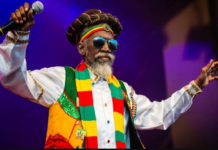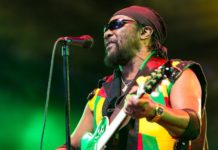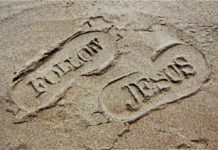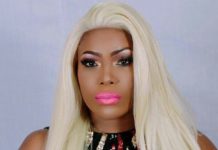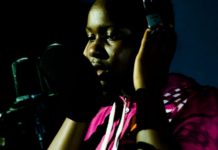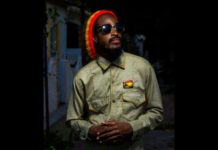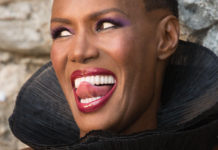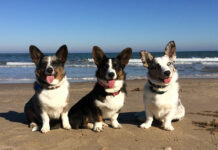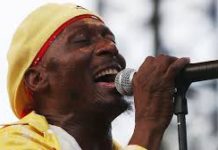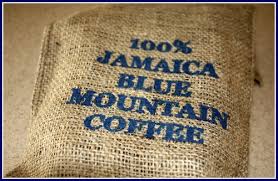
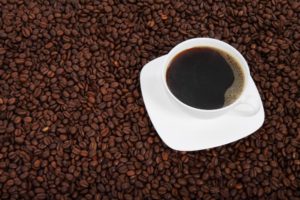
Coffee was introduced to the island of Jamaica in 1728 by then Governor, Sir Nicholas Lawes. By the year 1800, coffee cultivation expanded and there were 686 plantations in operation. In 1807, slavery was abolished. Followed by the emancipation in 1838, which caused the coffee industry to decline rapidly, due to the lack of labour. Only 186 plantations were in operation by 1850.
The Blue Mountains are the longest mountain range in Jamaica, with Blue Mountain Peak, at 2256m(97402ft) the highest point. The mountain range spans 4 parishes: Portland, St.Thomas, St Mary and St.Andrew. The climate of the region is cool and misty with high rainfall. The soil is rich and the combination of climate and soil are ideal for coffee.
Coffee grown at elevations between 460 metres (1,500 ft) and 910 metres (3,000 ft) is called Jamaica High Mountain, and coffee grown below 460 metres (1,500 ft) elevation is called Jamaica Supreme or Jamaica Low Mountain. The land above 1,700 metres (5,500 ft) is a forest preserve, so coffee is not grown there. Only coffee grown at elevations between 910 metres (3,000 ft) and 1,700 metres (5,500 ft) is called Jamaica Blue Mountain.
Jamaican Blue Mountain Coffee is a globally protected and certified by the Coffee Industry Board of Jamaica.
In the 1950s and 1960s Japanese developed a taste for Blue Mountain Coffee. Japan formed relationships with growers and processors, and invest in the production of coffee. Japan buys over 80% of the Jamaica Blue Mountain Coffee.
Today, Jamaica produce some of the top brands around the world, including Jamaica Prime, Jamaica Select, High Mountain Supreme and Blue Mountain Coffee.
Jamaican Blue Mountain Coffee as a mild flavour, a lack of bitterness, and this makes it one of the most sought after and expensive coffees in the world. It is also known as Jamaica’s black gold.
Next time you’re in Jamaica make sure you enjoy a nice, hot cup of Jamaica Blue Mountain Coffee!




